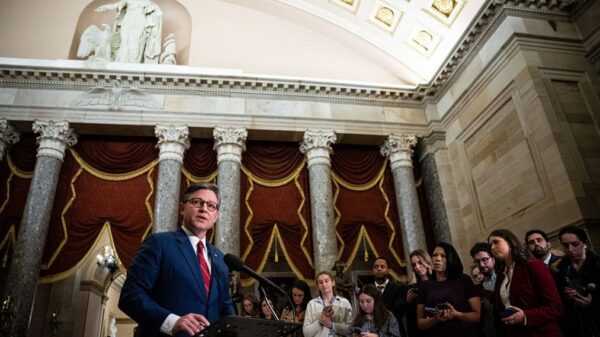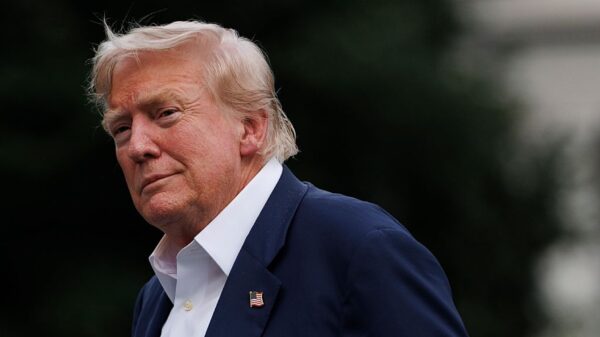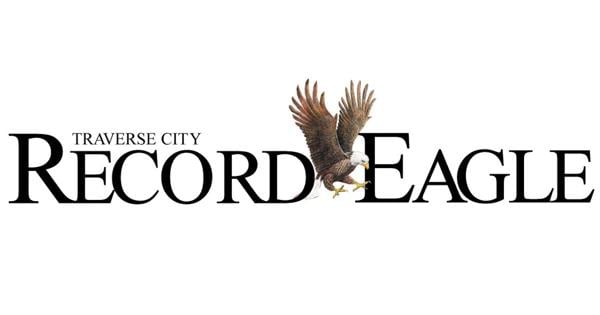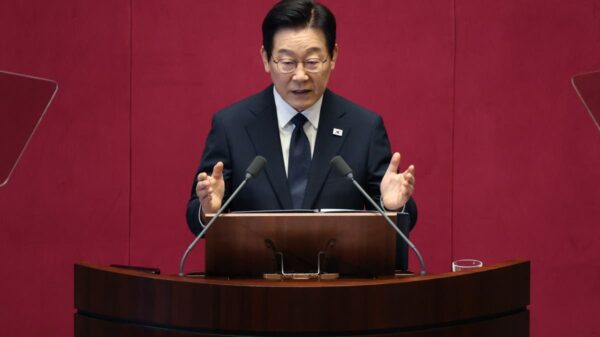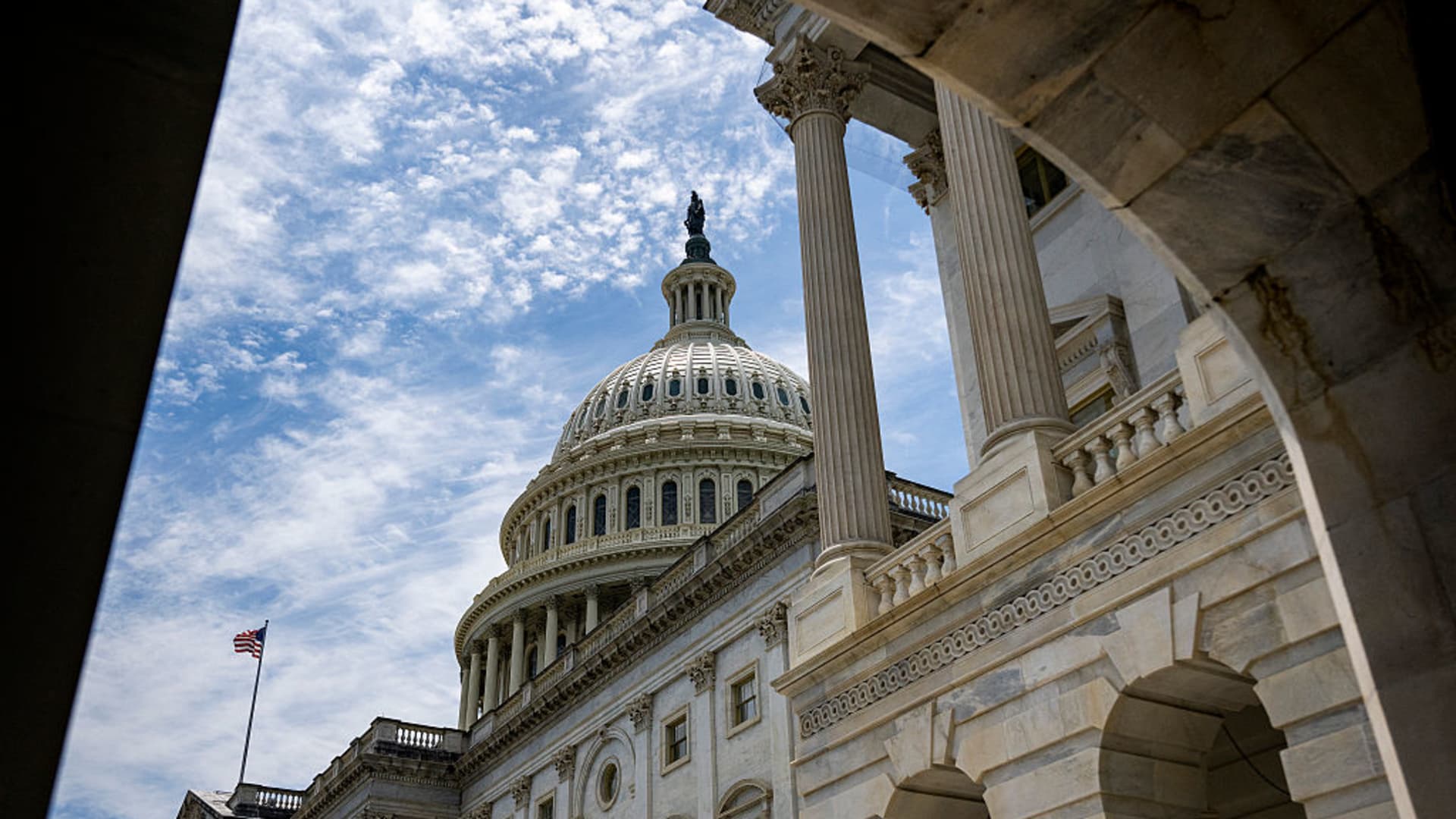The U.S. Capitol in Washington, DC, stands as a backdrop to a sweeping new tax bill poised to bring substantial changes for high-income earners. President Donald Trump’s “big beautiful bill” promises to extend many of the 2017 tax cuts permanently while introducing new tax breaks, particularly benefiting those earning $1 million or more. According to the Tax Policy Center, these taxpayers are expected to see an increase in after-tax income of about 3%, compared to the nationwide average of 2.5%.
In dollar terms, this translates to an average after-tax income boost of $75,000 for millionaire earners by 2026. The bill, which has passed the House and is awaiting the President’s signature, extends virtually all core provisions of the 2017 tax cut, with some becoming permanent. Additionally, it introduces new benefits that further reduce tax liabilities for top earners, especially investors in small businesses.
Key Tax Changes for the Wealthy
State and Local Tax (SALT) Deduction
One of the most notable changes is the adjustment to the state and local tax (SALT) deduction cap. The Senate bill aligns closely with the House’s version, raising the existing $10,000 cap to $40,000 for those earning less than $500,000, with a 1% annual increase in the income threshold. Initially, the Senate resisted this change, which primarily benefits high earners in blue states. However, following pressure from the House, the Senate conceded to the $40,000 cap.
Importantly, the Senate bill retains a loophole known as the pass-through entity tax (PTET), which allows pass-through owners and partners to circumvent the cap at the state level. This workaround is beneficial for a wide range of professionals, including car dealers, dentists, and law partners, but not for employees of these firms. Kyle Pomerleau from the American Enterprise Institute noted,
“The Senate version has no limitation on the workarounds, effectively allowing these taxpayers to utilize an unlimited SALT deduction.”
Qualified Small Business Stock (QSBS) Benefit
Entrepreneurs and investors in small businesses are set to benefit from changes to the qualified small business stock (QSBS) program. Originally established during the Clinton administration and expanded under President Obama, this program incentivizes investments in small companies. Under current law, investors or owners of a qualifying C Corporation for more than five years receive capital gains tax reductions upon selling.
The Senate bill increases the asset threshold for a “small business” from $50 million to $75 million and raises the capital gains tax exemption from $10 million to $15 million. It also introduces a new tiered system for tax breaks for those selling before five years. Justin Miller, a partner at Evercore, explained,
“The new rules allow an investor to put $74.9 million into a small business and have up to $749 million exempt from capital gains if it sold for more than 10 times the original basis. It’s encouraging wealthy investors in qualified small businesses with enormous potential.”
Estate and Gift Tax
The Senate bill, like the House version, makes the estate tax permanent, eliminating any expiration date. The exemption increases to $15 million per estate or $30 million for couples, indexed for inflation. For the ultra-wealthy, the estate tax is a critical provision, and this stability is expected to facilitate calmer estate planning and gifting strategies.
Itemized Deductions
The bill introduces a limit on the value of itemized deductions, similar to the original House proposal. With the standard deduction now at $15,000 for single filers and $30,000 for joint filers, only about 10% of Americans—primarily the wealthy—continue to itemize. Under the new rules, taxpayers in the top bracket must subtract 2/37th from the value of each dollar deducted over the threshold, meaning they receive a deduction benefit of 35 cents per dollar, down from 37 cents.
Philanthropy
While the bill does not directly alter tax incentives for philanthropy, the changes to itemized deductions and estate taxes could indirectly impact charitable giving strategies among high-net-worth individuals. As these taxpayers adjust to the new tax landscape, their approach to philanthropy may evolve, potentially affecting the nonprofit sector.
Implications and Future Outlook
The introduction of these tax changes represents a significant shift in the fiscal landscape for wealthy Americans. By making certain provisions permanent and introducing new benefits, the bill aims to stimulate investment and economic growth, particularly in small businesses. However, it also raises questions about the broader implications for income inequality and fiscal policy.
As the bill awaits the President’s signature, its long-term effects on the economy and tax landscape remain to be seen. Tax experts and policymakers will closely monitor the outcomes, particularly regarding investment patterns and state-level tax strategies. The move represents a substantial shift in tax policy, with potential ripple effects across various sectors and income groups.



